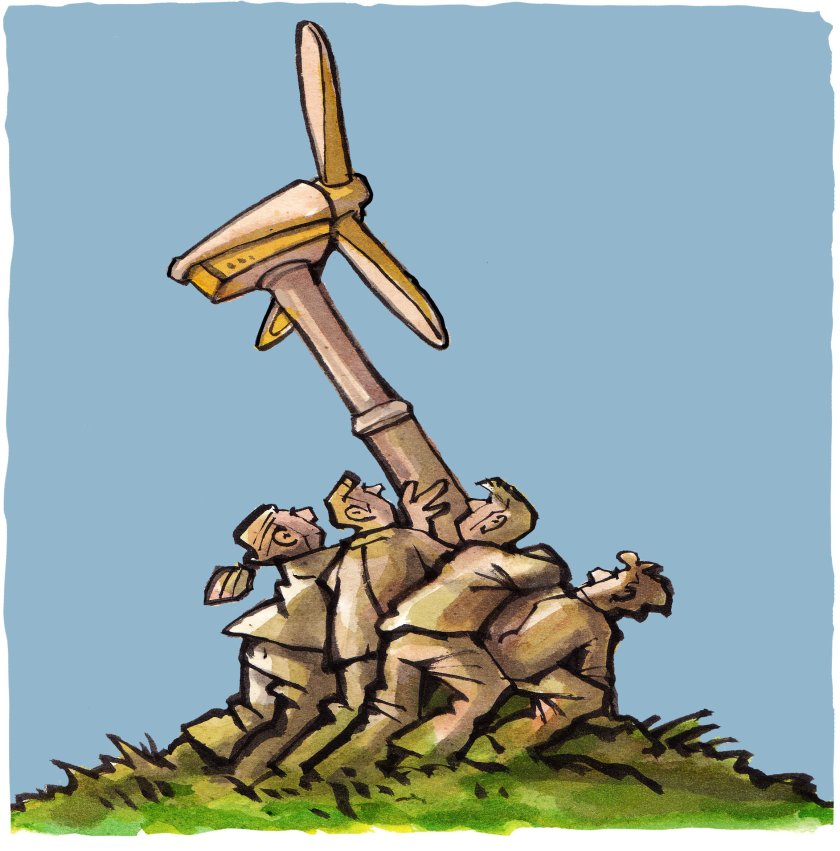
Project
JustRES- Towards social and spatial justice in the Regional Energy Strategies of Overijssel
The JustRES project delivers practical knowledge for socially and spatially justified distribution of costs and benefits of renewable energy in Overijssel. We investigate governance arrangements and forms of participation in renewable energy projects in the Netherlands. Stakeholders help designing how decisions about siting and management of renewable energy will be made.
How is JustRES relevant for society?
In this project we develop together with the partners and other stakeholders (1) robust knowledge and (2) hands-on instruments for governors, industry and other societal actors to stimulate socially and spatially just energy regions. We do so by (ad 1) creating an interactive map, and socially robust insights in what the general public in the province considers socially and spatially just distributions of energy production and consumption. (2) We co-develop governance arrangements that enhance an upscaling, broadening and spreading of innovative projects and initiatives (small wins) that simulate the societal transformation needed for more sustainable and fair energy regions (see Termeer and Metze, accepted). These insights are also very valuable in order to decrease societal opposition to sustainable energy policies, and provides ways to make existing tensions and conflict productive (Cuppen 2012).

Illustration by Henk van Ruitenbeek
Going beyond the decision-making phase
The innovative character of the research lies in its conceptualisation of social and spatial justice beyond the decision-making phase in renewable energy planning, to also include the longer term operation of the new energy systems in Overijssel. Social and spatial justice are not static nor only theoretically defined. They co-evolve with the development of energy systems and socio-spatial contexts in which these are situated. This means that what is just and fair is also a matter of what is perceived just and fair by stakeholders in the decision making around new energy systems, and in the operation of these from the start to its end-of-life. The tool enables local and regional authorities to evaluate these aspects in the planning of new energy projects, but also in the longer term monitoring of existing initiatives.
An explicit aim of this project is to make the tool relevant and useable for all RES regions, for example by integrating it into existing strategies for monitoring the execution of the RES up to 2030. In this way, it can guide regional policy-making and -monitoring and thereby foster the legitimacy of (new) governance arrangements for regional energy transitions.
Follow our project
Our core team consists of Bas van Vliet, Tamara Metze, Sanneke Kloppenburg and Bart Haagsma. Learn more about our project and team, and stay updated through our project webpage at www.justres.org.
Cuppen, E. (2012). Diversity and constructive conflict in stakeholder dialogue: Considerations for design and methods. Policy Sciences, 45 (1), 23-46.